From May 25 to 26, 2023, twenty MASTA participants of the Centre, majoring in five directions, including Global Navigation Satellite Systems (GNSS), Remote Sensing and Geographic Information System (RS&GIS), Micro-satellite Technology, Space Science and Environment, and Space Law and Policy, successfully defended their theses. This is the first offline defense for the international participants of the Centre after the epidemic.
During the defense, the participants systematically explained their thesis research work from the following aspects, such as significance of the research subject, research method and conclusion, etc. The experts of the Defense Committee made pertinent comments and targeted questions on the research framework, logical structure, research method, writing standard and so on, and put forward some opinions and suggestions on research work and thesis writing of the participants. The defense participants answered the questions individually and communicated with the experts on the direction of further revision of the thesis.
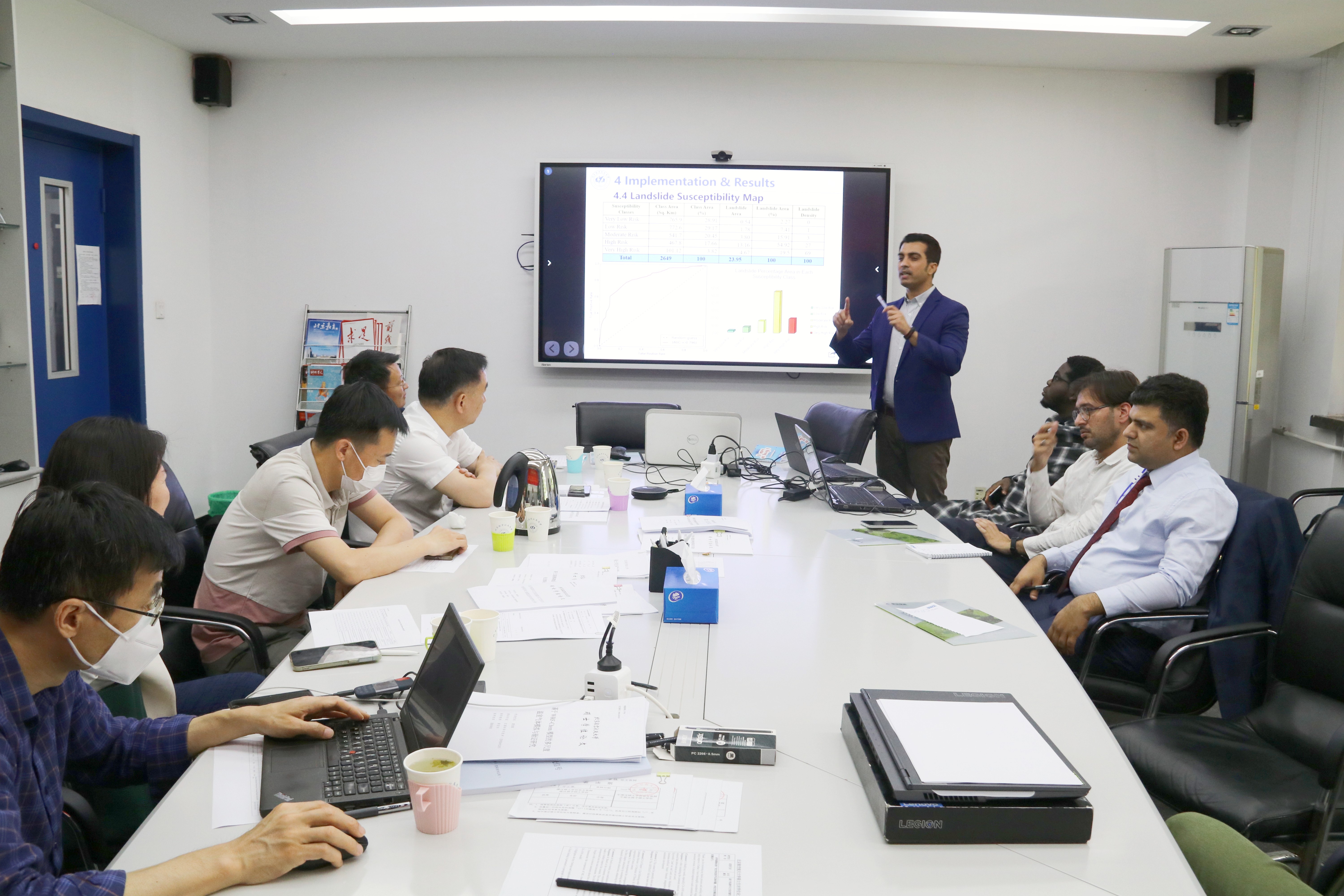
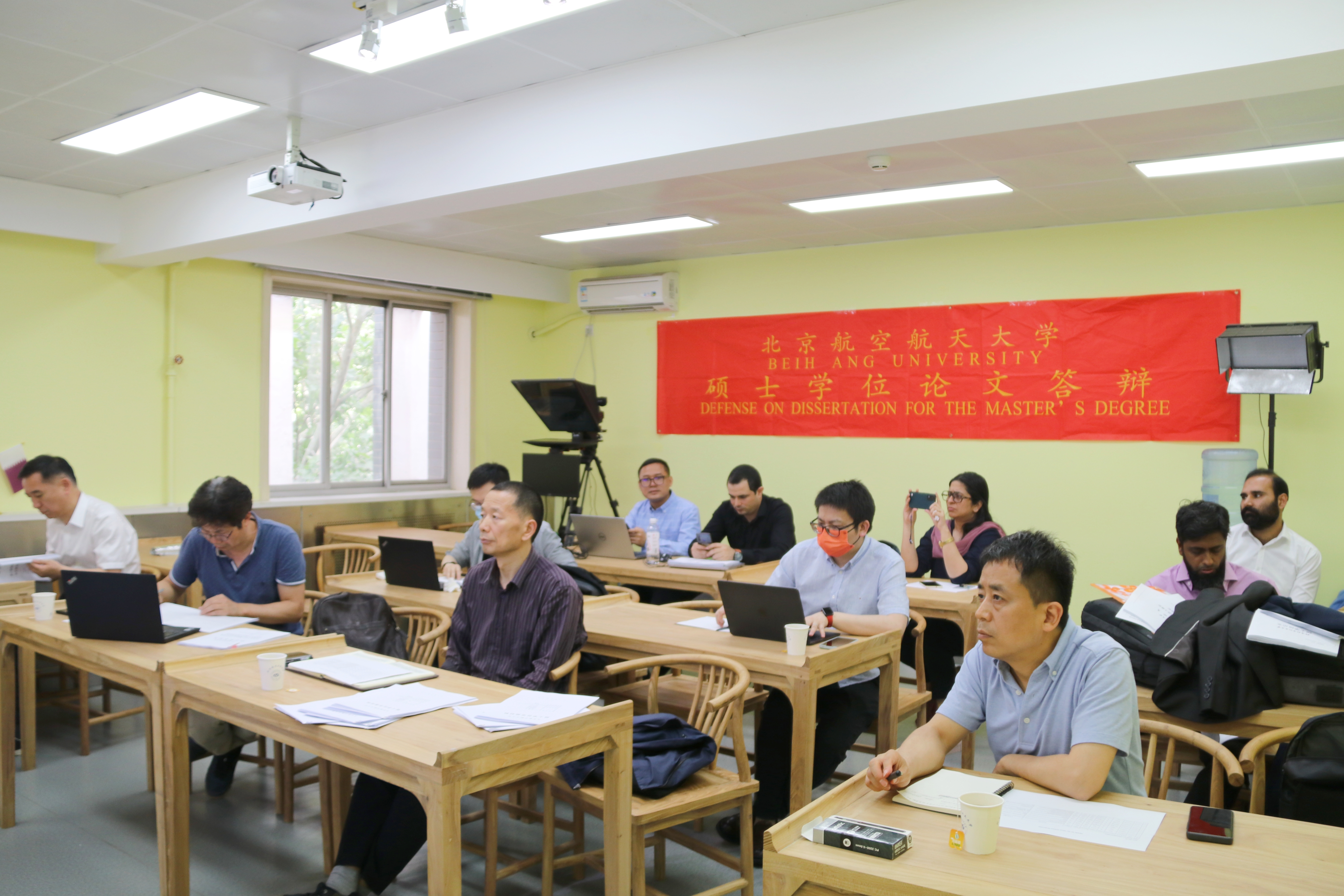
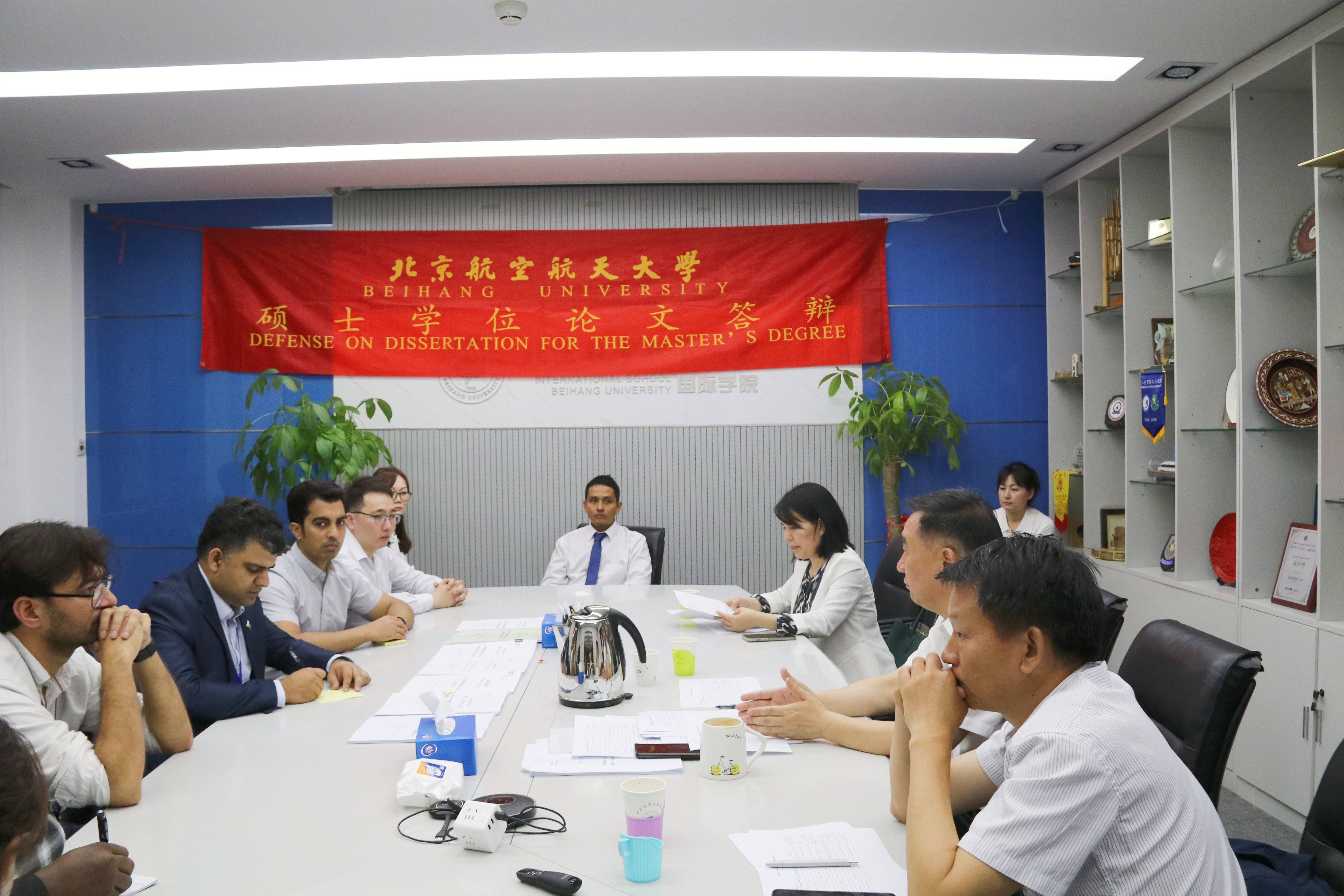
The whole defense process was transparent, rigorous, fair, and in line with the norms. Through the collective evaluation of the master’s theses of the participants, the Defense Committee considered that all these twenty (20) participants were able to carry out in-depth study on their research topics in combination with the actual situation of their home countries, and achieved the training requirements and objectives of Space Technology Application Project. After a secret ballot, all of the twenty (20) participants successfully defended their master’s theses.
To further improve the thesis quality of the participants in the Centre, the Degree Review Committee conducted a second review of the theses after the defense, and asked the participants to further revise their theses in response to the questions raised by the Defense Committee, and organized participants to make oral reports on the revision of their theses.
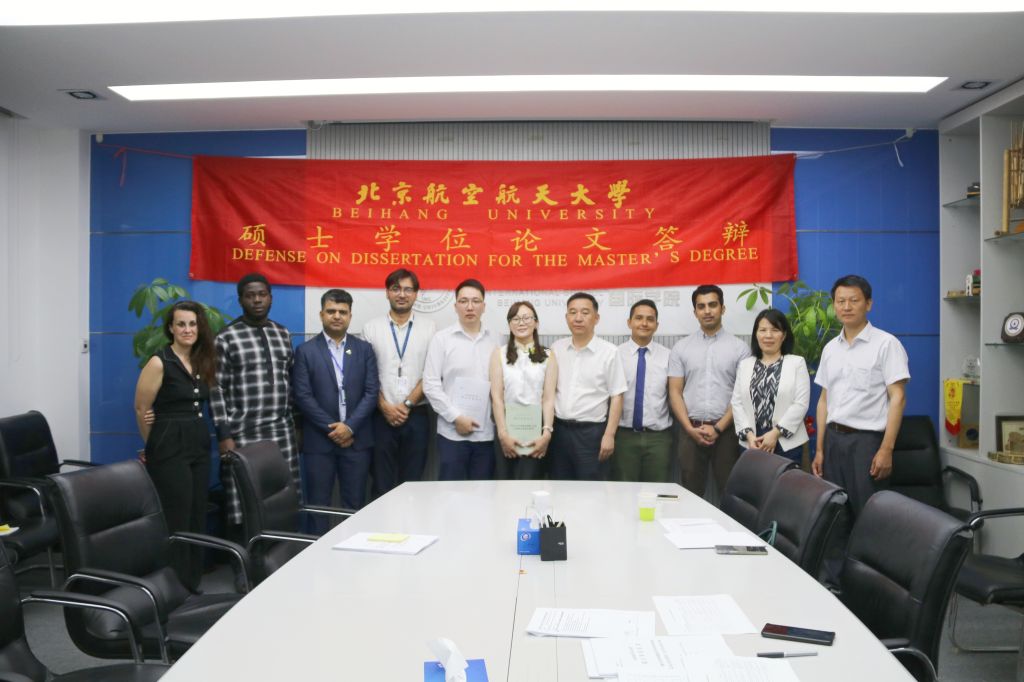
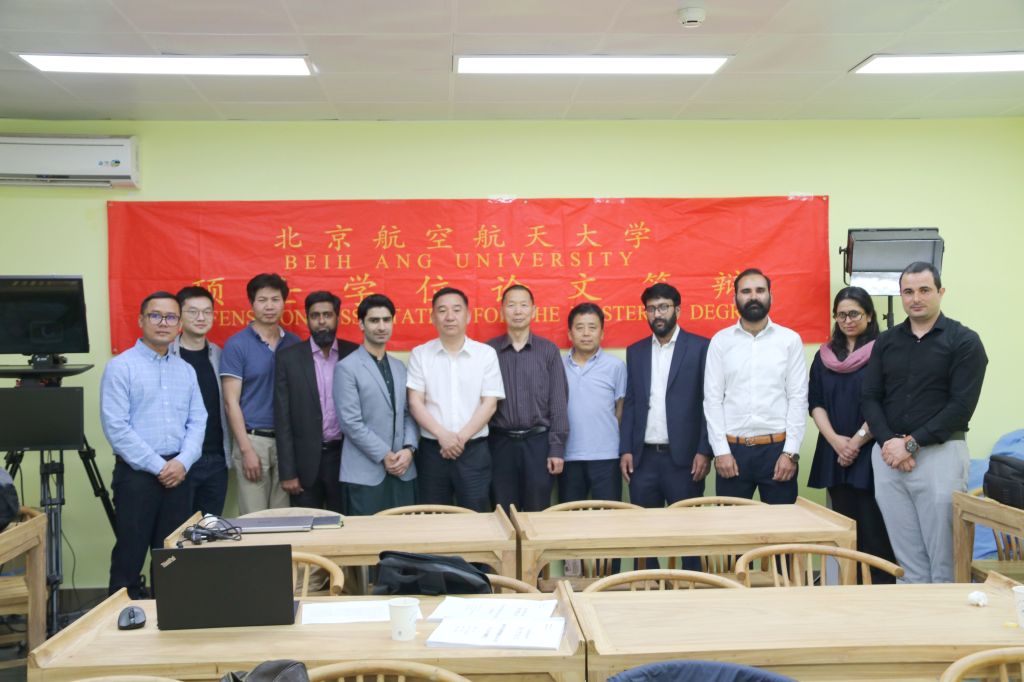
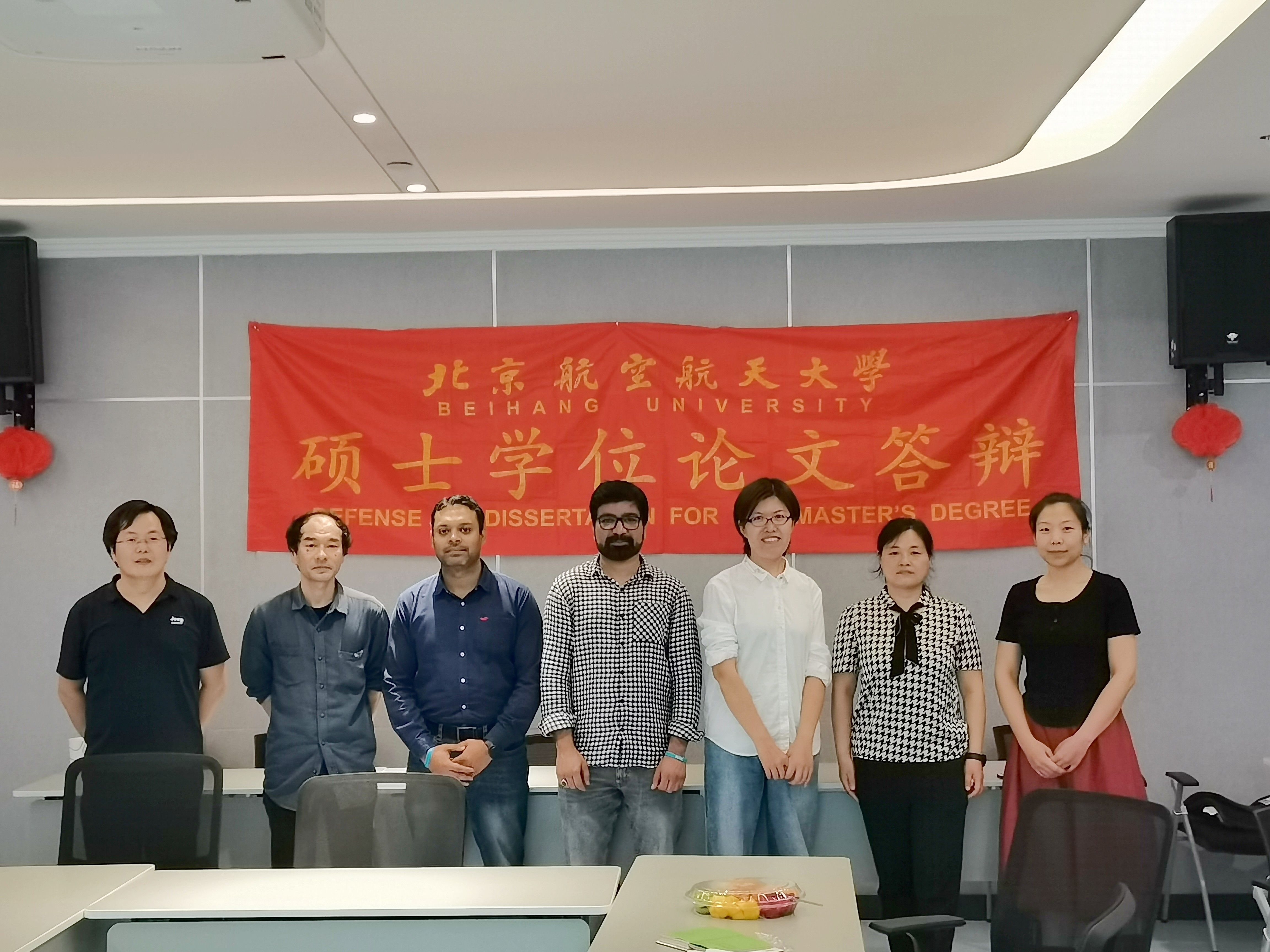
The participants attending this defense were mainly elected by APSCO, space-related institutions and government departments of the Member States of the Centre, and came from nine (9) countries, including Algeria, Bolivia, Iran, Laos, Mongolia, Nigeria, Pakistan, Spain, and Turkey. They are young professionals and technical backbones and government reserve talents in the field of space technology in their home countries.

